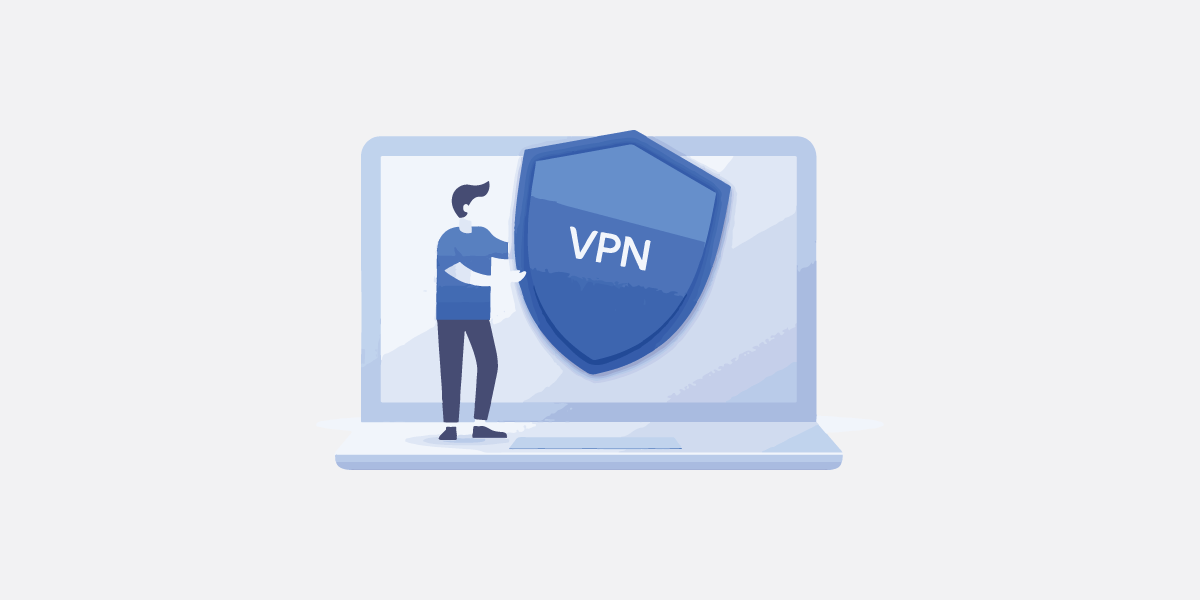All of the technical language around VPNs can be daunting to the casual online user. Understanding how you connect to the internet and how VPNs function is, thankfully, much simpler than you might imagine. Continue reading to find out what your IP address is and how to hide it with a VPN.

IP addresses explained
Your Internet Protocol (IP) address is something you may not think about or even be aware of for the rest of your internet life. That’s because it works in the background, layered with technology to make the entire online browsing experience more user-friendly.
You aren’t linked to the internet directly at any given time. You connect to a network, which is usually a home or business network, but can also be a public network, such as one in a coffee shop, that is connected to the internet via an internet service provider (ISP).
The majority of the time, you connect to the network via a router, which is in charge of assigning private IP addresses to all of the network’s devices.
This enables it to route data across devices so that the appropriate content is supplied to the appropriate location. The public IP address, which is provided by your ISP and serves as a unique identification for your whole network, is what websites “see.” The information contained in that public IP address includes the ISP it belongs to as well as the general location of the server you’re connecting to, which could be a city or zip code.
All of this implies that when you talk about hiding your IP address, you’re actually trying to hide the network you’re connected to, as well as all of the data associated with it.
So how do I hide my IP address?
It’s surprisingly easy to hide your IP address: Invest in a VPN (virtual private network).
When you connect to a VPN, your ISP passes encrypted requests to one of your VPN’s servers, which then delivers them to their final destination. During this procedure, the VPN hides your public IP address behind its own, making it appear as if your queries are originating from that server rather than from your network.
If you need to access geo-restricted content, this is great news; simply connect to a server in the region you need to be in, and you’re good to go.
What about hiding my VPN IP address?
Some websites attempt to limit VPN access by logging IP addresses that are known to belong to VPN servers.
You know what I’m talking about if you’ve ever received a message like this.

This may lead you to believe that you need also mask your VPN’s IP address, but this isn’t the case. Web traffic, including traffic flowing through a VPN, must have an IP address associated with it.
If a website you’re trying to access blocks the IP address of a certain server, your best options are to try a different server or a different VPN service.
